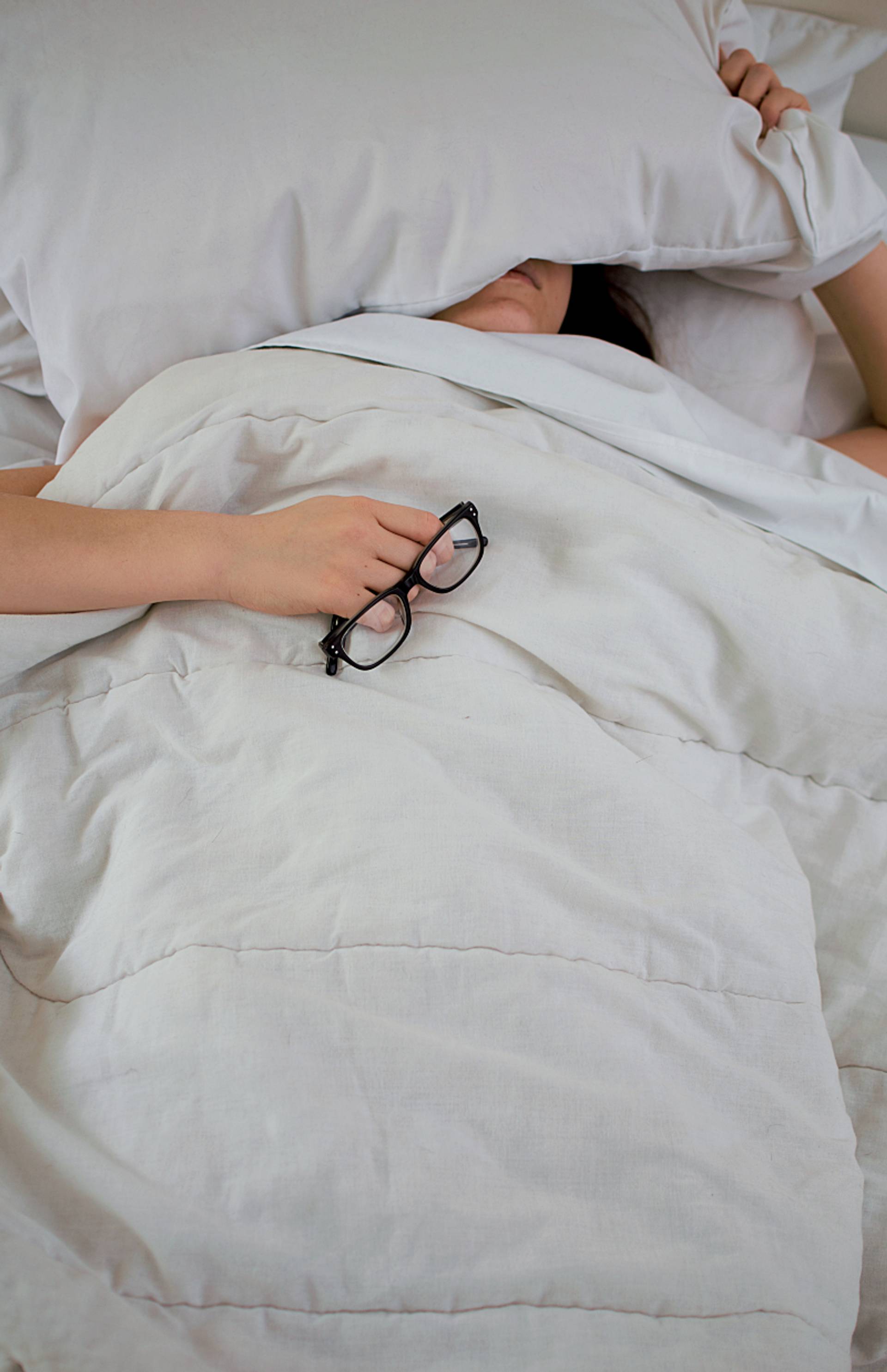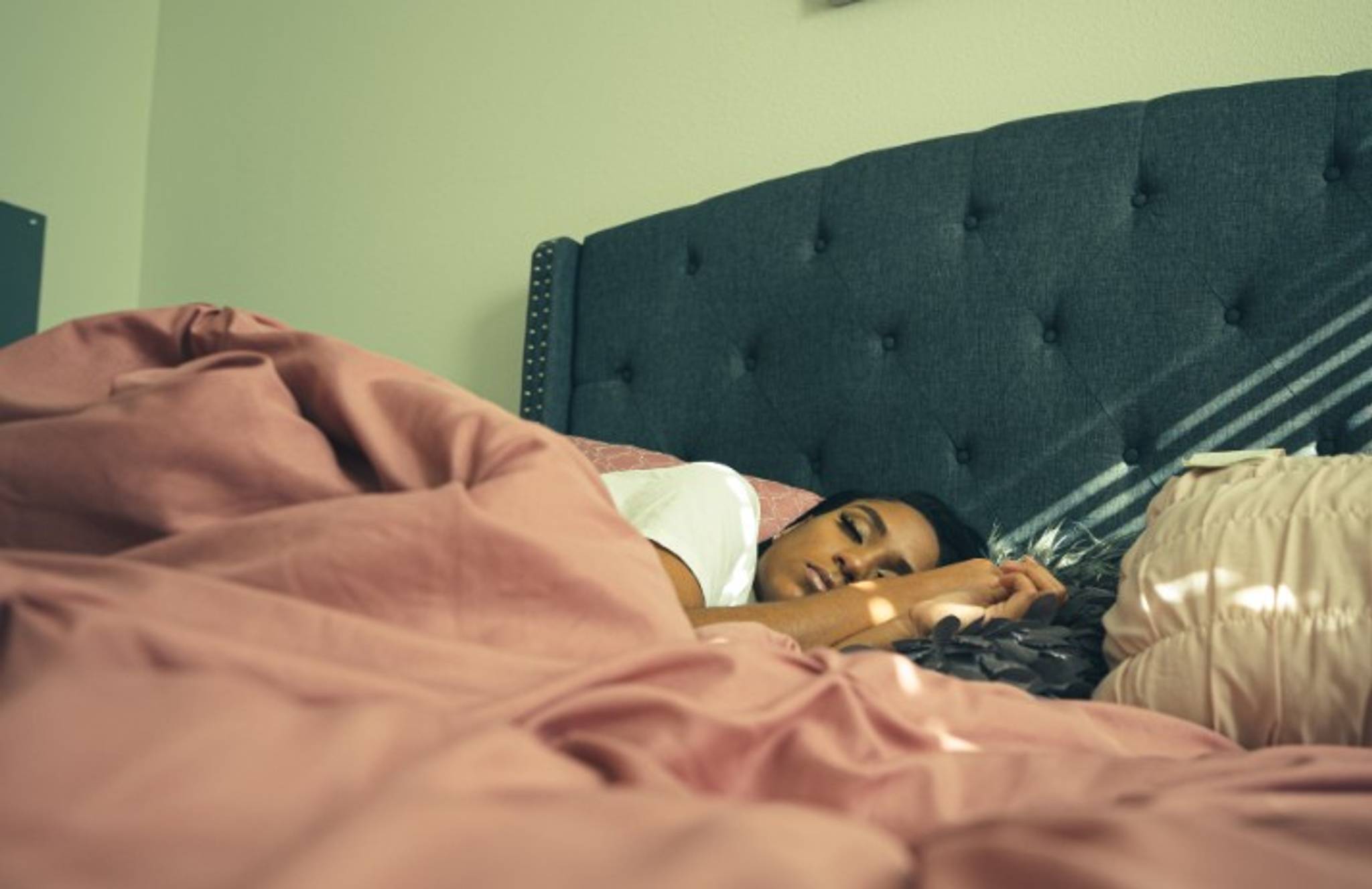
Targeted Dream Incubation – a method of guiding dreams towards specific themes – has been in use for centuries, from Indigenous spiritual ceremonies to experimental therapy. But some advertisers are attempting to hack people’s sleep to sell products, in a move that has experts deeply concerned.
Molson Coors’ Superbowl spot encouraged viewers to watch a short online video before bed, then play an eight-hour ‘soundscape’ through the night, to trigger ‘refreshing dreams’ of Coors. The concept behind the ad is called targeted dream incubation (TDI), in which ‘techniques employed during wakefulness help a person dream about a specific topic'. While light-hearted in tone, the campaign was met with grave concern among experts which has led 35 sleep and dream researchers to sign an open letter expressing alarm over the use of the technique in advertising. "TDI-advertising is not some fun gimmick, but a slippery slope with real consequences,” reads the letter. “The potential for misuse of these technologies is as ominous as it is obvious."
Research has shown that humans can be highly susceptible to thoughts or ideas introduced while they sleep. And there's increasing concern amongst researchers that brands could leverage smart home speakers to sell to people in this state of high susceptibility. "You could have this sort of 1984 situation where advertisers buy advertising time on these devices, and nobody ever knows they’re hearing them," says Dr. Bob Stickgold, professor of psychiatry at Harvard Medical School. In the same way that subliminal advertising was outlawed in the UK and US in 1958, there’s hope that the use of TDI by advertisers will be met with similar legislation – a warning for brands thinking of exploring this space.



